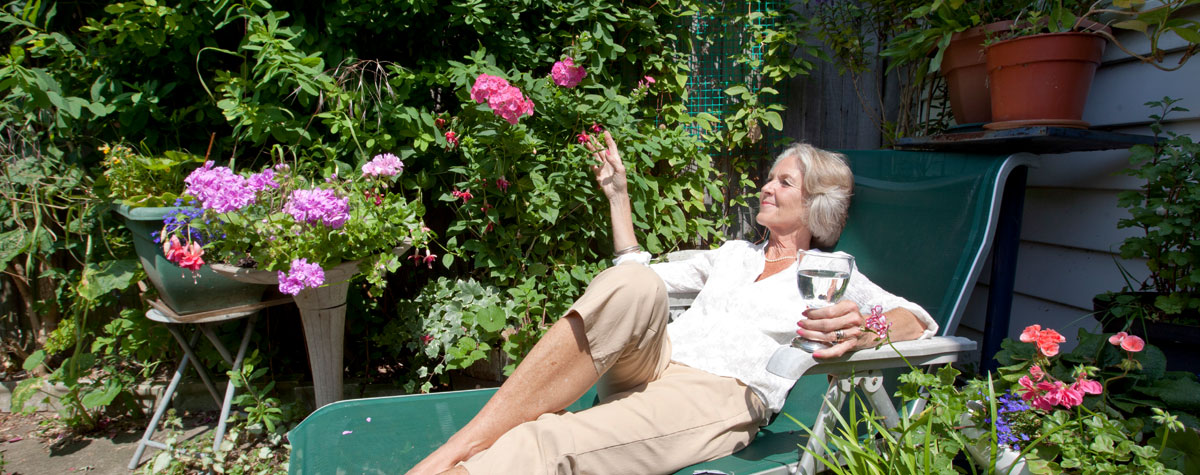Consider these two scenarios
1: A customer walks into your cellar door outlet and mutters, “It’s been a long day!” A good sales prospect or not? (Answers below.)2: A customer walks into your cellar door outlet, wanders around and eventually comes over, saying, “It’s a lovely shop. Would it be possible to try some of your wines please?” A good sales prospect or not? (Answers below.)
In a freshly published paper looking at personality effects on the wine and beer consumption of 3,482 Norwegians, Geir W Gustavsen and Kyrre Rickertsen (2019) have come up with some very interesting insights (see below). What is unique about this study is that socio-demographic factors such as age, education, income, marital status, religion, living in a city, etc, have been isolated from the findings. Of particular interest is that agreeableness (see below and scenario 2 above) is negatively correlated to wine consumption. The authors indicate that this may be a result of cultural and religious factors.
Personality studies are often based on the Big Five Aspect Scales (OCEAN):
Openness to experience = active imagination (fantasy), aesthetic sensitivity, attentiveness to inner feelings, preference for variety, intellectual curiosity;
Conscientiousness = competence, order, dutifulness, achievement striving, persistence, self-discipline, deliberation;
Extraversion = enthusiasm, assertiveness, impulsiveness, sociability, liveliness, activity level, excitability, talkativeness;
Agreeableness = politeness, compassion, kindness, sympathy, cooperativeness, warmth, consideration, harmony seeking, empathy, altruism, trusting, straightforwardness, compliance, modesty, tender-mindedness;
Neuroticism = withdrawal, volatility, moodiness, anxious, worrier, fearful, angry, frustrated, envious, jealous, guilty, depressed, lonely, threatened, hopelessness, self-consciousness, shyness, trouble controlling urges and delaying gratification.
Geir W. Gustavsen and Kyrre Rickertsen (2019) found: “High scores on extraversion and openness to experiences increased the expected frequency of wine consumption, high score on agreeableness reduced the frequency of wine consumption, while scores on conscientiousness and neuroticism had no effects.”
Here are some other findings from research into consumer personality and consumption:
Overall preference for wine
Sensation-seeking (Openness + Extraversion) increased spending on wine and visits to wine regions (Graeme Galloway, 2008).
Preference for sweetness
Preference for sweetness is associated with lower openness and higher impulsiveness (Anthony Saliba, 2009).
Jeffery S Bedwell (2019) found lower response to increased sweetness for:
- People with Anhedonia (broadly speaking, a diminished ability to experience pleasure)
- Women late in the menstrual cycle (20-28 days) due to lower hedonic (pleasure) values
Preference for bitterness
Christina Sagioglou (2016) discovered a preference for bitterness is positively associated with malevolent personality traits – Machiavellianism, psychopathy, narcissism, everyday sadism, and trait aggression.
Returning to scenarios 1 and 2
So, which strategies could be applied to scenarios 1 and 2 above?1: If the customer is Neurotic + Conscientious and says something like, “It’s been a long day and it is not over yet!” then perhaps we should be goal-orientated as well by asking directly what type of wine they are looking for rather than giving them the standard story about how the winery was started and how good the terroir is.
If the customer is Neurotic + Open – “it’s been a long day and it is time to do something different!” – then taking them on a journey through your collection could be the best strategy.
Either way, they are more likely to leave with some wine under their arm than the Agreeables.
2: If the customer is Agreeable + Conscientious you will probably end up talking more about the winery’s environmental program than the wines.
If the customer is Agreeable + Extraverted it could be a long day… but the extraversion might get you a sale in the end.
James Wright is an international viticulture and management consultant and author of www.vitisynth.com and the newsletter VitiSynthesis.











.png)









